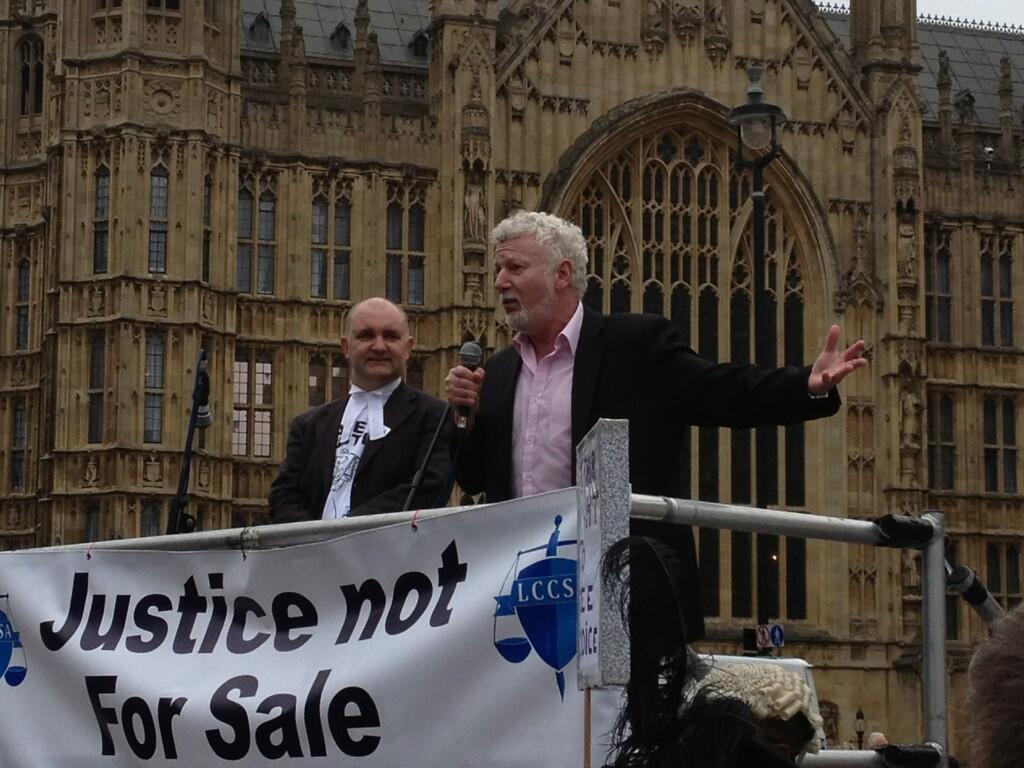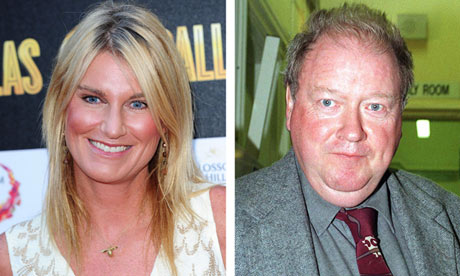-
2008: Northwestern University Law Review
-
2010: Conscious Marketing - Top 100 law firms websites
(2010)
-
December 14 2011: Lexis-Nexis - Global Social
Media Audit of Law Firms
-
December 14 2011: Martindale-Hubbel Blog on social media Audit
-
December 20 2011: Law Society of England &
Wales, Social Media Guidelines
-
December 2011: Visibility and LexisNexis
“Use of Social Media in Legal
Marketing,” (summary
graphic) and Lexis Nexis blog.
- Jan 6 2012: Law Society of England and Wales says be careful when adding clients on social media.
-
February 2012:
the International Bar Association (IBA) report –
The report addressed the impact of social networking on six
groups of legal actors, namely lawyers, judges, jurors, journalists, law
students and professors, and legal employers. Read the IBA survey on the impact of online social
networking onthe legal profession and practice, here. The IBA is the global voice of the international legal
profession.
-
February 23 2012: ALM Legal Intelligence Report
-
March 11 2012: Washington Post
-
March 29 2012: Top 200 UK Law Firms on Twitter
(Calista Marketing)
-
June 20 2012: Law Society of Scotland, Social
Media Guidelines
-
September 18 2012: Social Media Today Article
-
November 2012: Southern Africa Legal Information
Institute
- March 2013: survey by Core Legal research finds that many solicitors are still avoiding social media:
- March 13 2013: Law Society of England and Wales publishes practice note on protecting your online reputation.
- June 2013: Law Society of England and Wales publishes 10 social media tips for lawyers.
Further Reading:
Legal Week confronts what is required of a lawyer or law firm interested in building a social media presence.
"It will take a least an hour a day of their time and it will take six months to a year before you build any kind of momentum. If you're prepared to accept that, then it's a nice communication tool to have, but it's certainly not yet essential or any kind of magic bullet." Here.
Legal Week refers to "social media puff".
Thomson Reuters Social Media Guidelines.
Individual lawyer marketing on Bright Fire.
Lexis Nexis approaches law firm strategic planning.
Thomson Reuters says "fish where the fish are".



































